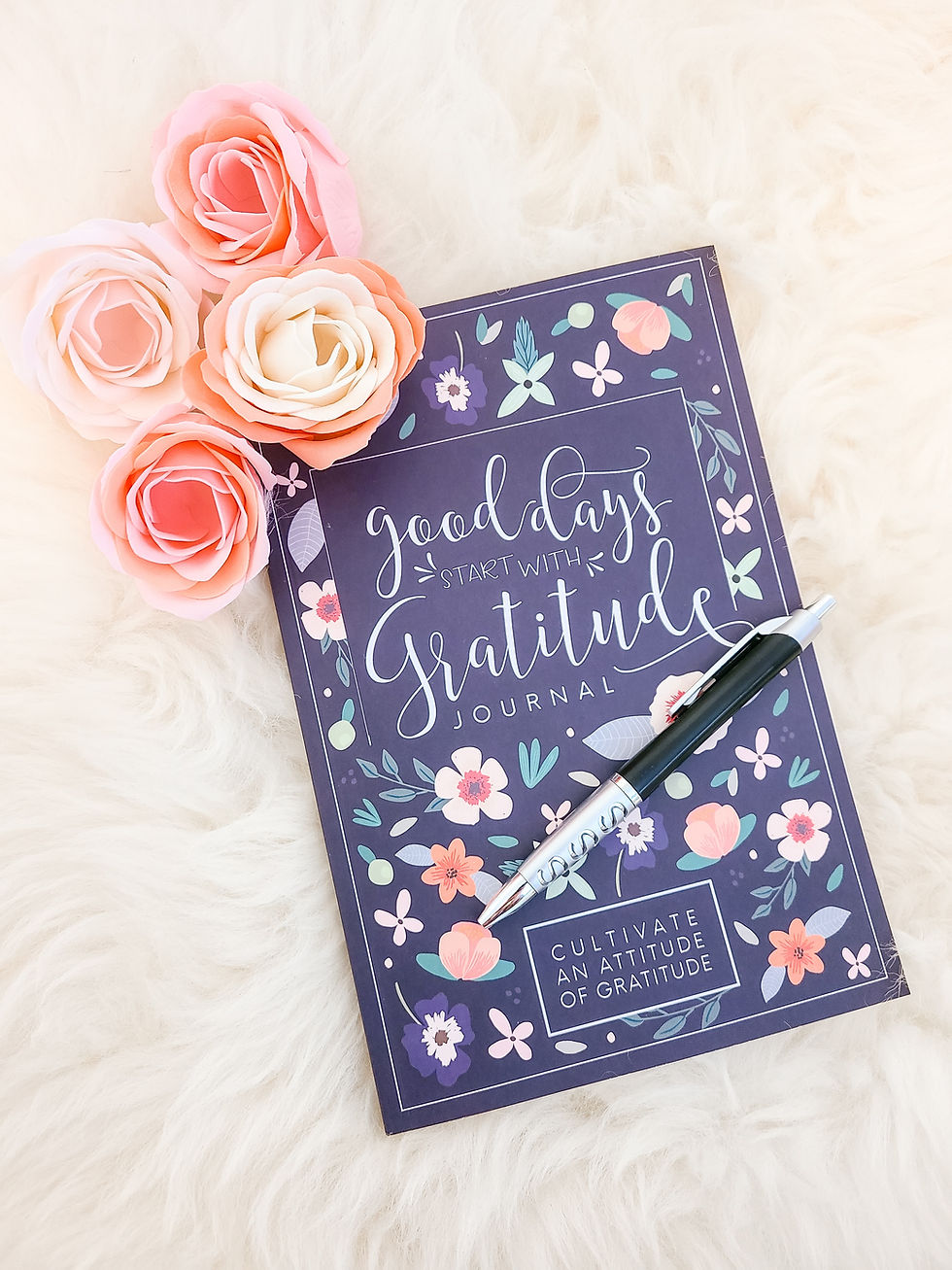What you appreciate appreciates. Energy flows where attention goes. In a world filled with constant challenges and uncertainties, using gratitude as a daily practice can be a transformative and empowering experience. It is the art of acknowledging and appreciating the blessings, big and small, that surround us every day.
Practicing gratitude has been linked to reduced stress, anxiety, and depression. When we acknowledge our blessings, it promotes feelings of contentment and happiness. It helps us cope with adversity, as it reminds us of the positive aspects of our lives even during tough times.

I love to understand the Science behind these things if at all possible and when it comes to some of the benefits that come with gratitude, it lies in our Reticular Activating System. It's the part of your brain that will seek out what you consciously or subconsciously tell it to. Our brains love to prove itself right - all we have to do is point the compass in the right direction. If we are telling ourselves how lucky and grateful we are, our wonderful subconscious mind will seek out evidence to support that, creating even more abundance for you to be grateful for.
Research using neuroimaging techniques has shown that practicing gratitude can lead to changes in brain activity and structure. The brain itself responds positively to gratitude, releasing dopamine and other feel-good neurotransmitters.
Gratitude exercises have been associated with increased activity in the brain regions responsible for reward, empathy, and social bonding. Over time, these changes can enhance overall emotional and mental well-being.

Tips for Practicing Gratitude:
a. Keep a Gratitude Journal: Regularly write down the things you're grateful for. This practice helps you focus on the positive aspects of your life.
b. Express Gratitude to Others: Don't hesitate to tell people how much you appreciate them. A simple "thank you" can make a world of difference.
c. Mindfulness Meditation: Incorporate mindfulness exercises into your daily meditation routine, which can help you become more aware of the present moment and what you're grateful for.
d. Count Your Blessings: At the end of each day, mentally list three things you're thankful for. This helps create a habit of gratitude.
Gratitude is not reserved for the good times alone. In fact, it's most powerful when practiced during difficult moments and can act as a powerful coping mechanism. During adversity, it can be healing and comforting to search for silver linings, no matter how small they may seem. Focusing on the positive aspects of our lives and expressing gratitude can help us adapt to difficult changes and find resilience.

Gratitude is the gift that keeps on giving. When we embrace it, we unlock a world of positivity, happiness, and resilience. It reminds us that, despite life's challenges, there is always something to be thankful for. Start your journey of thankfulness today and watch how your life transforms as you see the world through grateful eyes.
Sarah x
Comentários